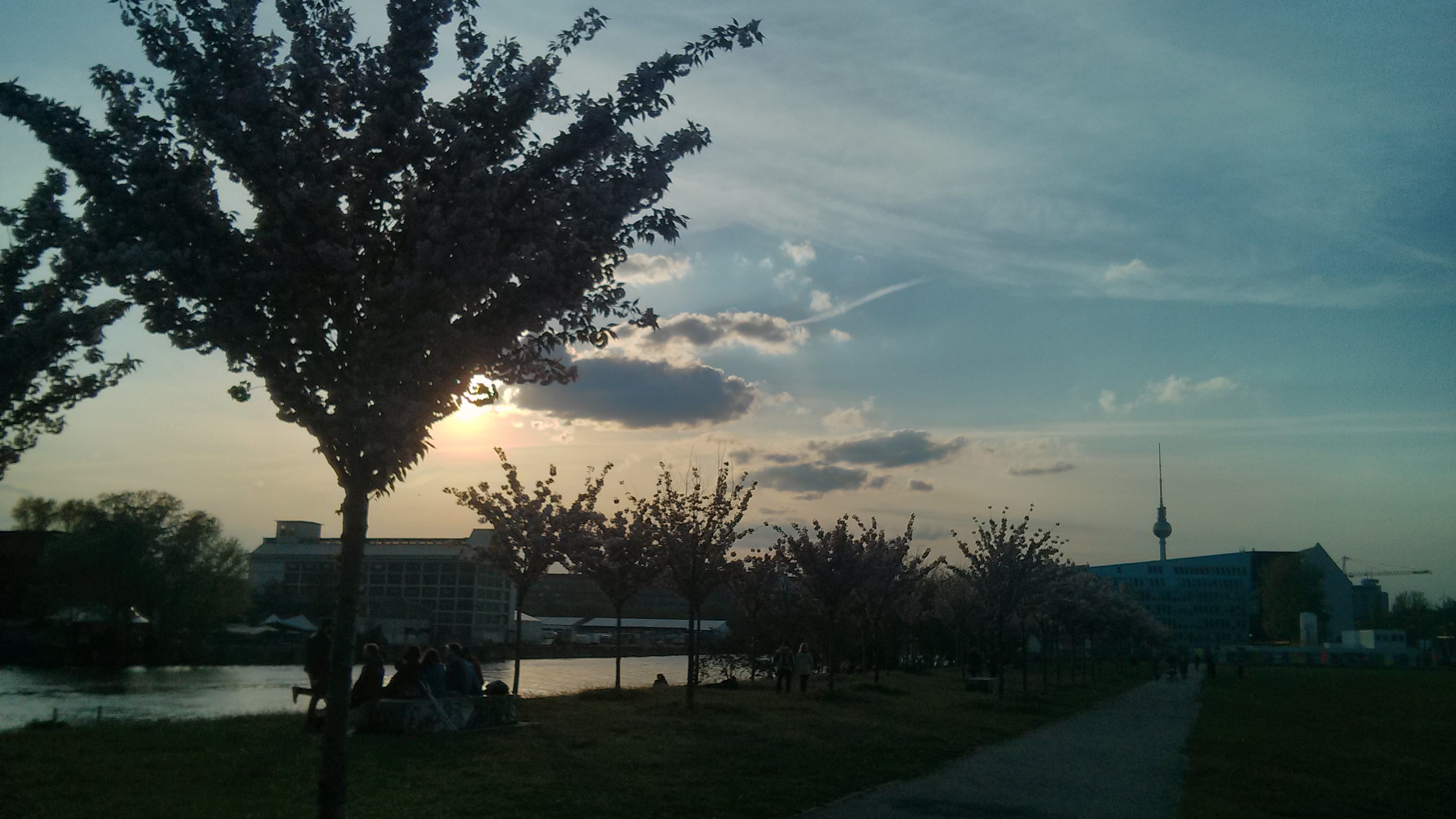Doing business in Berlin VI: Living here
The quality of life in Berlin is good but the winter weather is not (although it’s not been bad the last 3 years). The city is still cheap – a bit less than Madrid or Barcelona and half the cost of Paris, a third of London. You’ll pay for renting an apartment, but probably you don’t need a car (many people use bikes or share cars). Food, restaurants, and pubs are not expensive. Let’s say with 1500€ net per month (+300€ health insurance if you’re freelance) you can have an easy but cozy life and with 3000€ per month you can have a really good lifestyle. You can find a quite accurate overview about living costs here in numbeo.
Finding an Airbnb or temporary solution like a shared apartment is possible, though time-consuming, but you’ll feel the landing is easier than expected. On the other hand, getting approved for a good, inexpensive house is difficult. Either way, once you find a place that fits your budget, location needs and social life, you’ll feel a warm welcome from the city. But along the way, your life may feel out of control. You’re more involved in the German language and the bureaucracy. But don’t worry, it evens out after the rough start. That’s when you change from being a digital nomad to a Berliner.
Of course one of the hot topics is weather, many people are afraid of this. The last three years were warm, but that includes some days of snow and cold temperatures. It’s not a tragedy, but sometimes it’s annoying. And when you have the right clothes it’s better. This means that many people escape the city during winter, especially foreigners, digital nomads, and small teams. So January and February are not really active for the startup scene.
But from spring to October, many people decide to enjoy Berlin for a short time. Some of these people will move to the city but many are temporary. This adds fresh contacts but difficult long-term relationships.

And don’t forget the food. German cuisine is not the most recognized around the world, but it’s simple, well done, tasty and cheap. The traditional dish is meat, vegetables and potatoes, any kind and preparation, but I think that’s excellent. In Berlin you can also find any kind of international food. There are lots of small places, similar to take-away or street-food that are good and cheap. Now you can find new and hip restaurants, probably more expensive than the average but still convenient. And always you can accompany your meal with a great beer, perfectly served and from a large selection.
Creating personal relationships at coworking or events can be easy, of course depending on your character. It’s especially easy with foreigners, because they usually don’t have a solid group of friends. These relationships aren’t very solid because of the high rate of movement of the people. Many people are here only for a few months, so every 6 months you have to remove 50% of your contacts. This rotation also makes many people, even me, lazy about creating relationships that may only last a few months.
It’s natural and easy to build relationships with people from your own country, if you’re foreigner. Cultural norms facilitate making plans to meet and appointments… but that’s probably not the best idea if you’re in an international city. I think this can only be an occasional plan, not the key to your social life.
Your work style makes a big difference. If you’re in a company, you’ll do things with colleagues, establishing few but intense relationships. In many startups, team building activities are common. If you’re freelance or starting your own company, you’ll meet a lot of people, but in a superficial way. Because of the amount of events I personally attend, and the number of people I meet every year (around 1000 per year) I don’t seek out new relationships. But remember that as a freelancer you won’t have work colleagues, so you should actively work on building contacts and relationships.
In the international environment of Berlin, the universal language is English. It sounds weird if you’re learning German, but you won’t have the chance for many conversations in this language. Of course there are groups of “locals” but it’s not easy to access to them.
Because the German lifestyle isn’t open to creating fast relationships, you’ll need to find a balance, being proactive but not too intense. If you’re under 30 years old you may have an easier time of it, probably because of party and nightlife plans. But the key is building relationships step by step. Once more, here it’s about confidence, not about passion, and I mostly agree with this style.
You can read more in:
Doing business in Berlin I
Doing business in Berlin II: events and networking
Doing business in Berlin III: coworking and accelerators
Doing business in Berlin IV: market and trends
Doing business in Berlin V: Incorporating in Germany
Doing business in Berlin VI: Living here
Doing business in Berlin VII: Salaries and taxes
Doing business in Berlin VIII: Hiring in Berlin (and what to expect if you’re looking for a job)
Doing business in Berlin IX: final thoughts
Brexit: an opportunity for Berlin to grow


